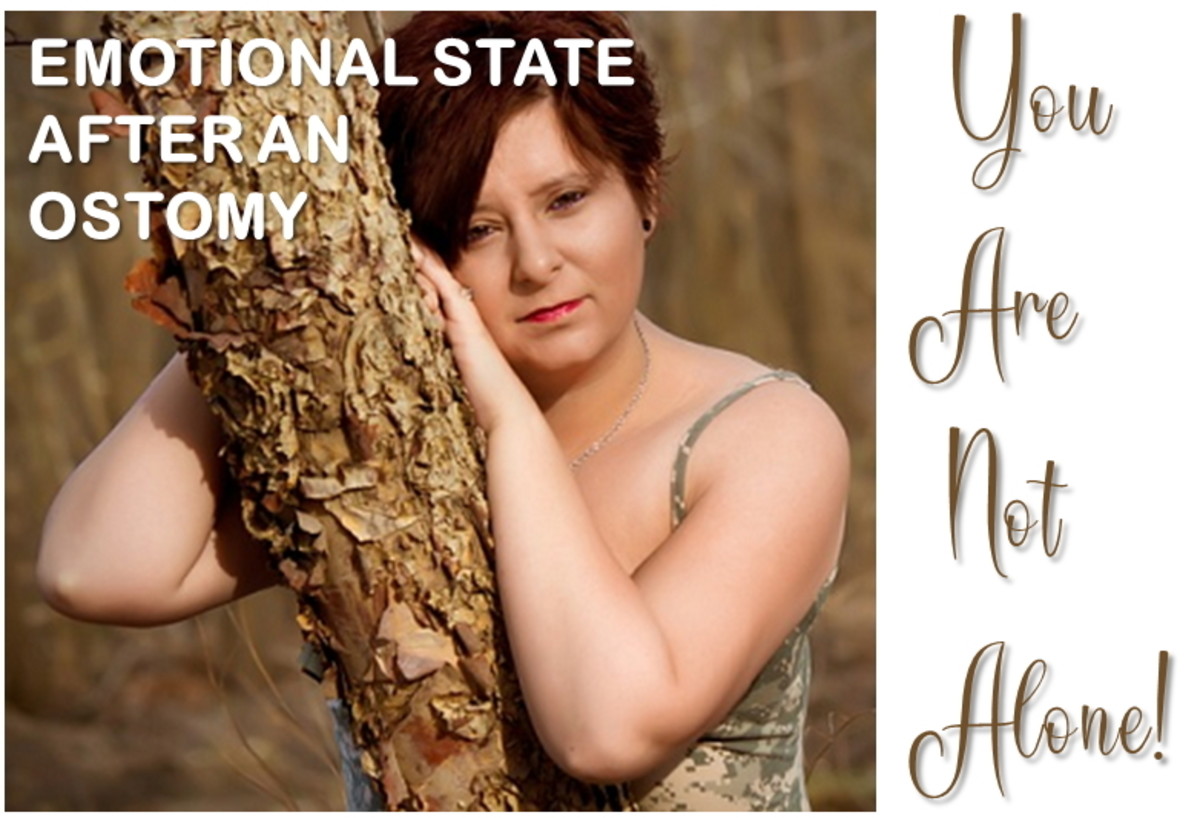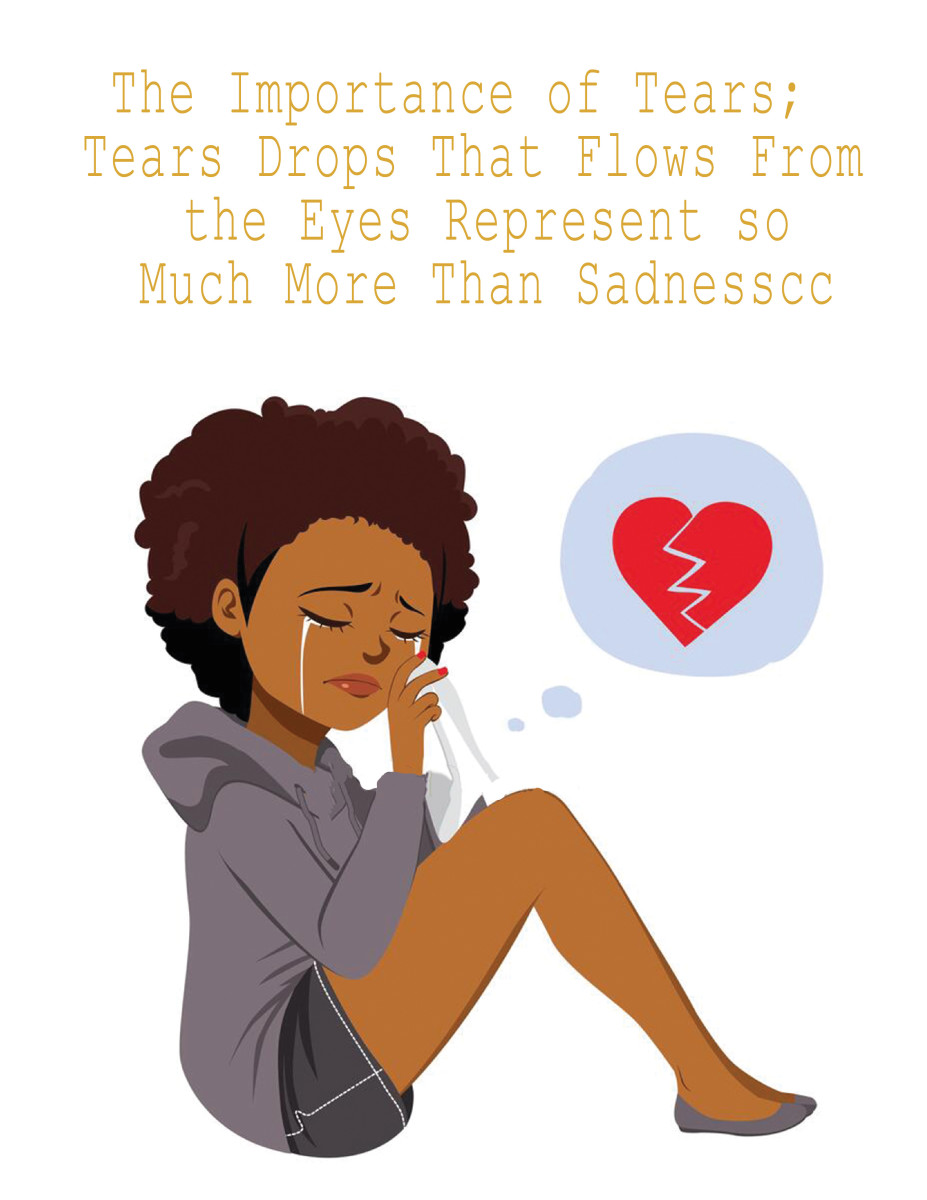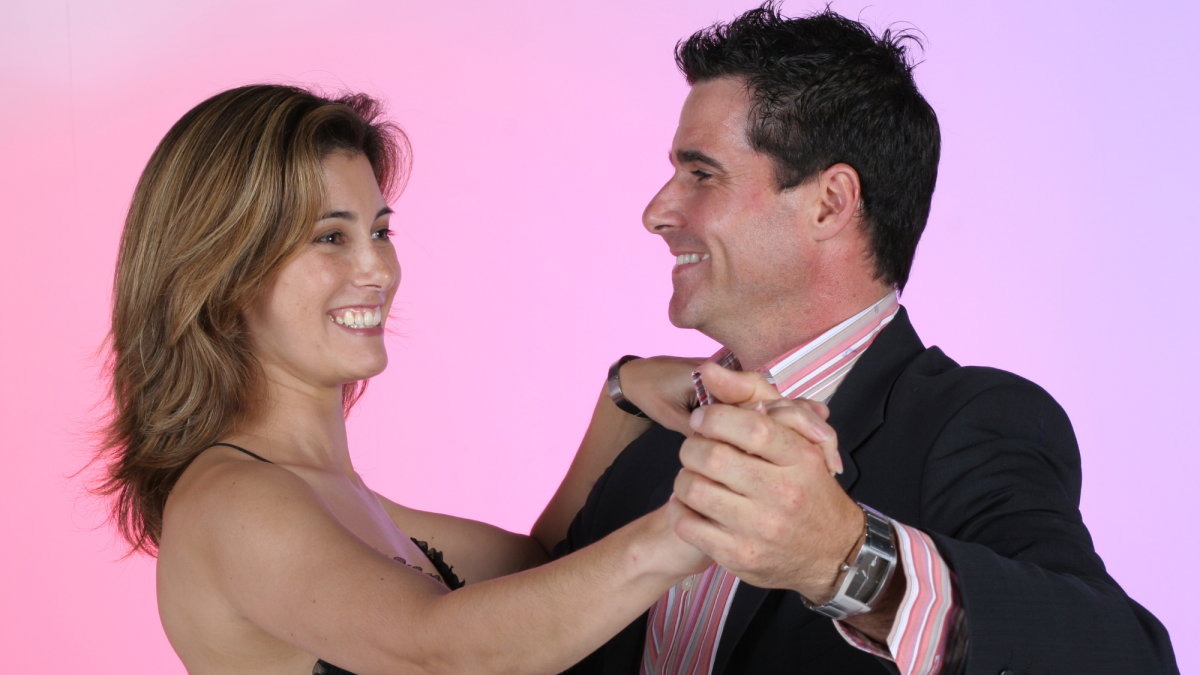Revealing Hate with a Focus on Weeding
An introduction about Hate
This is about Hate. I realize I detest that with repulsion, but I suppose all of us fall into its web occasionally. Using that word can be conversational and no big deal. Or, it symbolizes an uncomfortable sensation with complete surprise. This morning I saw an army of weeds and wild grass while recognized it would mean weeding. I questioned my disdain for that. I wondered how much work is there for this hate I feel. This is a pathway of exploring it with discoveries.
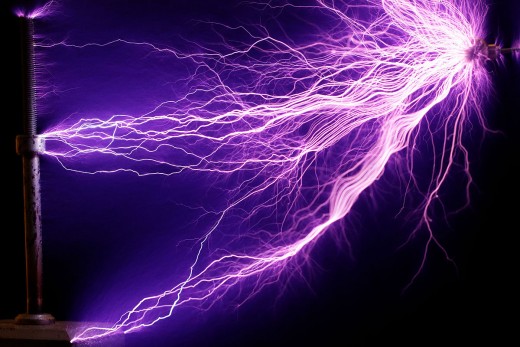
Does this happen?
Something is sensed and out of nowhere a nerve strikes causing discomfort. Abruptly, impulses of discord follow different pathways zooming along a network of firing synapses in the brain. Released are hormones, neurotransmitters, and bolts of lightning flying as sparks soar. Several areas of the brain chat with each other spreading gossip amidst facts causing doubts. It’s like Tesla’s coil sending electrical charges haphazardly dancing into the air as the chatter intensifies.
- Hair stands on end
- Goosebumps roll along the skin
- Facial gestures are generated
- Muscles tense
- There is a jolt of surging energy
Entered is the fight and flight response that is natural explained with biology. There is an abrupt yank away from the jolt while readying oneself to defend. Those are knee-jerk reactions not of the conscious will with purpose. That may happen in the blink of an eye or a deep breath seeking to prepare for battle. Then I pondered if one of those chatting regions of the brain screamed this is painful.
The sixth sense is at the core of our experiences. It is what makes experiences out of events.
— Henry ReedWhat about the sixth sense?
The sixth sense is believed to be intuition that comes from understanding something. And, it occurs without conscious thought. There is a sense of clarity as one becomes aware through noticing. You don’t need a moment through reflection and introspection for an action instead it’s natural.
For example, I despise weeding the landscape. When I see them within an instant, I express disdain with a curse word or two and balling up my fist. Suddenly my teeth will clench. In a flash, intuition yells at me what that means. My fist grows tighter without a thought.
My intuition tells me I have to pull them or use a weed killer while I despise using poison. Even though that furthers disdain, pulling them is not only work for me but is discomfort. It hurts me furthering a strong dislike for that chore. One reason is because it robs me from more comfortable things and enjoyment. I’d rather be watching PGA golf and slipping into a nap. Through my intuition, it’s understood to be a gnawing, aching event.
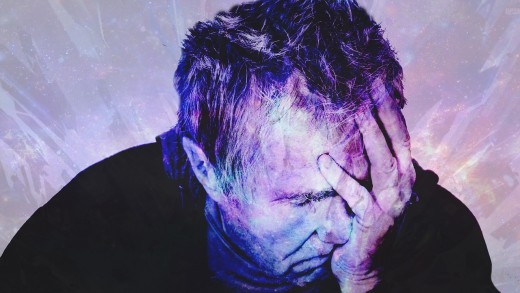
What about Pain?
So, I wondered if discomfort is accompanied with emotional pain. One article I touched on by a researcher shared pain is important to survival and protects us. It’s like a sense that tells you about your outside world while communicating inside of us. Now, I discover there are two other senses; intuition and pain.
There are two areas for pain; physical and emotional, that occurs at the same region of the brain. They’re good friends shaking hands. Physical is easy to understand you cut your finger slicing a tomato or fall breaking a leg. Emotional arrives from thinking and from memory.
Sometimes associating a past occurrence of physical or emotional hurt with the present circumstances prompts a deep sensation of pain. Tiding the landscape prods memories of back aches and knees injured from the rock landscaping. Though they may be in the soft grass sometimes, I recall that former injury. So, disgust for pain is obvious and I have feelings about that, which become emotive.
Plutchik’s Wheel of Emotions
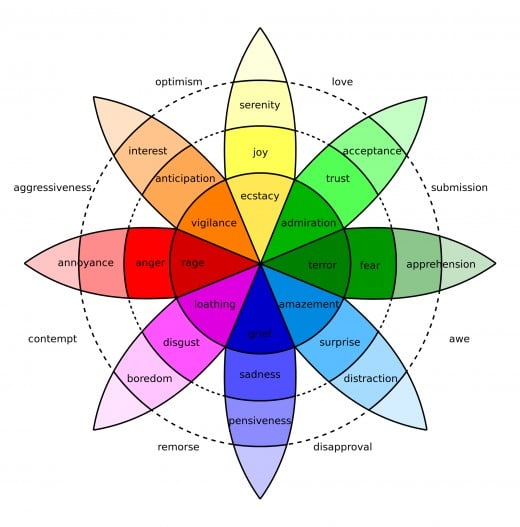
Feelings produce emotions
Psychology says feelings result from an experience that can be pleasant, unpleasant, and neutral. From that arrive feelings of measured comfort such as I like, dislike, or is no big deal. For instance, after my burst of anger intuitively I know I must do weeding. My stomach twists in knots thinking about the task. I may remember being sick to my stomach with the flu, which was an excruciating circumstance with vomiting. Those are similar experiences of utter displeasure. I feel lousy and helpless.
From feelings come our emotions. Here the argument arrives if hate is an emotion. Using psychologist Robert Plutchik’s Wheel of Emotions discovered is it’s not included. That wheel is a layout like a flower with pedals with three subdivisions. In the illustration the inner ring is the strongest form. The neighboring pedals associate with each other.
Four pedals that are neighbors are the ones I associate with hate. They are cohorts for expressing an unsettling sensitivity. Those that I relate to from inner ring (Strongest form) to outer are:
- Amazement, surprise, and distraction
- Grief, sadness, and pensiveness
- Loathing, disgust, and boredom
- Rage, anger, and annoyance
Anger is a killing thing: it kills the man who angers, for each rage leaves him less than he had been before - it takes something from him.
— Louis L'AmourSomething strikes a nerve and transitions with physiological responses. Suddenly, sparks fly while my brain is flooded with chemicals like a rush. My intuition tells me seeing weeds are not a good thing. Soon, I am alerted survival is at stake while prepare myself for battle. A few more short moments pass, then reality says I will agonize while have tormenting feelings of intense dislike for the task. I associate to a painful incident of likeness; feeling ill at my belly. I say aloud, “I hate this”.
Startled I have a gut response to the anguish as emotions come to life. Struck with amazement there’s stark grief I express through repugnance with scornful anger. I half shout, “Damn it, there’s more weeding to do. Damn!” Outraged I violently shake my fist into the air full of contempt.
Those emotions express feelings of great dislike through remembering agonizing incidents as emotional pain. Those memories may be recalled with some other unrelated incident like someone cutting my car off or tailgating me producing those emotions. I hate tailgaters as much as pulling weeds.
Sometimes when people are under stress, they hate to think, and it's the time when they most need to think.
— William J. ClintonWhat about first aid?
With this quest seeking to understand hate I realized there is a lot that goes on. It is a lot of negative energy not going anywhere. I questioned if it was a matter of stopping and listening more. Should empathy enter the equation and examining evidence? Pain usually results from injury and the first line of treating that is first aid.
Before first aid is administered, there should be an understanding why to administer it. It is to treat an injury for the next step of the healing process. That may be done by a professional or self-administered. Maybe an ambulance will arrive like an angel from above and good senses will rescue me.
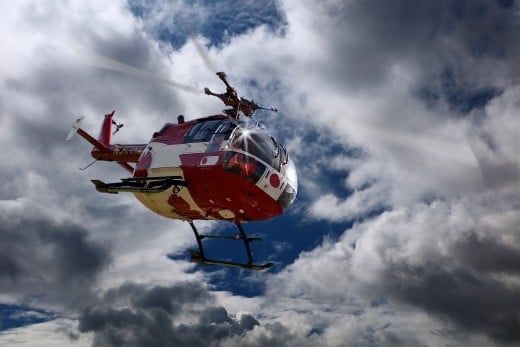
I cut and scraped my knee when I worked weeding once. So, I applied pressure to it to slow the bleeding. Next, I wash it off and apply a bandage. Then, to protect it for healing I get something to rest my knees on before beginning the task. Even though I had an unpleasant encounter that will be remembered, I had a stronger pleasant experience of loving myself.
I may realize too my love for the landscape is taking care of it doing the chore. I can resolve my fear of weed killer getting an eco-friendly brand. I can act with good will. And, I won’t be injured on the rocky terrain again.
At question for the future is which experience is strongest. I would think perhaps both are considered. Yes, the painful one could be remembered, which may foster an initial disgust. Yet, the loving experience will be strongest shared through intuition. Although I see more weeds, weeding becomes no big deal. My emotions are the lesser ones on the outside of the Wheel of Emotions; distraction, pensiveness, boredom, and annoyance. Then, I can share that knowledge as goodwill with others presented with the same issue.

© 2017 Tim Mitchell

